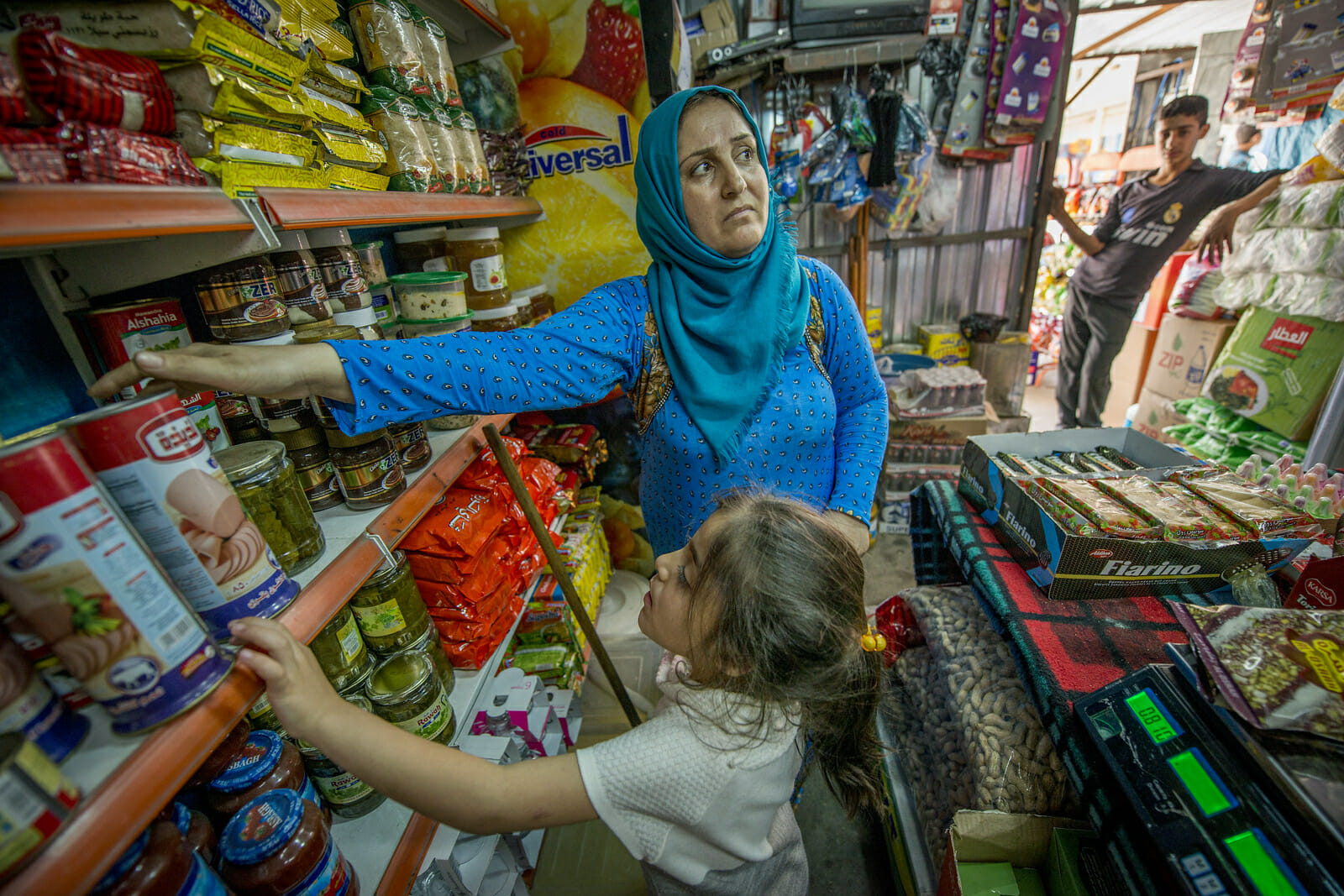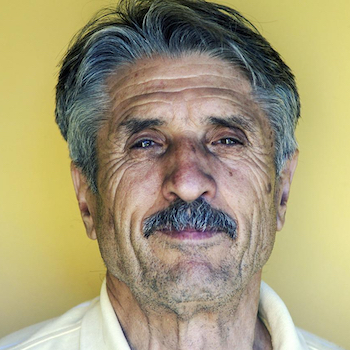
ICSID Ruling Sets Retrogressive Precedent for Overseas Investment in Iraq
Ali Allawi, Iraq’s finance minister, has indicated that his government will seek to diversify its economy by maximizing revenue streams from non-oil sources. At present, Iraq relies on oil for a staggering 96% of its annual budget, which has left it somewhat vulnerable in the wake of plummeting prices and the fallout from the pandemic. The move is part of a wider plan to reform the country’s bloated public sector and push for greater vibrancy in its privately-owned interests.
However, that latter objective has been greatly compromised by entrenched corruption among the political elite, often at a staggering scale. Since 2003, $450 billion in public funds have been embezzled by various government ministries and leading personnel through a variety of creative schemes. The victim of this is not only the Iraqi public but foreign companies as well – and it seems things aren’t going to change any time soon.
In fact, a recent ruling by the International Center for Settlement of Investment Disputes (ICSID), an arbitration body of the World Bank, effectively endorsed that unsustainable state of play by finding in favor of the Iraqi government in a dispute between domestic telecoms operator Korek and Kuwaiti logistics company Agility. Agility, who had its claims of improper appropriation of $380 million summarily dismissed, was also ordered to pay more than $5 million in legal costs, despite significant evidence against Korek and Iraq’s National Communications and Media Commission (CMC). The verdict, which has been deemed unjust and arbitrary by observers, will only send a message to private investors that Iraq is not a place where commercial rights will be upheld.
Easing the pressure on the public sector
While weaning itself off of its unhealthy dependence on oil is a key priority for Iraq, there are perhaps even more pressing issues which must be addressed. Chief among those is the distended nature of its public sector, which accounts for an estimated 60% of all employment opportunities in the country, swallowing around 25% of GDP in the process. The problems with this setup are twofold. On the one hand, the livelihoods of over half of all adult Iraqis are tethered to the tumultuous fortunes of the government, meaning they could be subject to delay or non-payment in fallow times such as last year. On the other hand, it all but demands an almost obsequious obedience to the regime, since external jobs are few and far between.
To its credit, Baghdad does seem to be aware of these problems, having published a white paper in 2020 outlining its aims to transition to a more market-based economy. Unfortunately, the document itself was very light in the way of concrete details or plans, while the looming prospect of an imminent election means those in power are unlikely to risk alienating the electorate by trimming the flab and leaving countless Iraqis unemployed in the process. Nonetheless, there have been some promising signs in the shape of a partnership with Germany, which has already resulted in the creation of 1,000 jobs and the supported education, training, and placement of 8,000 young people.
No steps forward, two steps back
It’s clear that internal reforms must be accompanied by external assistance if the Iraqi economy is to succeed in its aims. Sadly, the attractiveness of Iraq to outside investment was dealt a hammer blow in February. Chaired by Cavinder Bull and comprised of members John Beechey and Sean Murphy, the ICSID tribunal rejected the claims of Agility in its dealings with Iraqi telecoms firm Korek. Agility had originally filed its claim with ICSID four years ago, alleging that the Iraqi government’s CMC had “indirectly confiscated” its $380 million investment and had acted in contravention of the bilateral protocol between Kuwait and Iraq, which was instituted in 2015.
However, the tribunal dismissed Agility’s claim on technicalities, arguing that the CMC decision predated the protocol and that Agility had not exhausted all avenues of challenging that outcome in Iraq itself. For its part, Agility called the ruling “fundamentally flawed,” with ICSID having failed to investigate evidence of corruption at the highest level of the CMC, despite significant global press coverage of the issue by outlets like the Financial Times.
As such, the verdict hardly sends out a positive message to the international investment community. Indeed, it merely serves to discourage other actors from pouring funds into a country where their own interests and rights are clearly not valued, as well as implicitly endorsing the endemic corruption that exists almost ubiquitously in Iraq.
Rotten to the core
It’s this latter implication which is perhaps the most worrying outcome of the ICSID decision. It’s well known that the government not only abuses the unwieldy size of its public sector through the fabrication of a reported 300,000 “ghost” jobs but also has deep ties to militia groups such as the Popular Mobilization Forces (PMF), which siphons off millions of taxpayers’ money each and every year. This inhospitable climate is not only unwelcoming to foreign investors but also drives hardworking Iraqis to seek a more equitable employment environment elsewhere. It’s no surprise that corruption was cited as one of the chief reasons why refugees left Iraq for Europe in 2016.
It’s exactly this type of corruption that institutions like the World Bank are supposed to combat. By providing the support that developing countries need to elevate themselves out of economic misery, stamp out illegal practices and implement effective policies, these ostensibly philanthropic organizations are touted as beacons of hope and help in a world in desperate need of both. However, the negligence and injustice of the recent ICSID ruling underlines how the opposite can actually often be the case. Rather than helping Iraq reform, it has only contributed to the entrenchment of an iniquitous status quo that will only serve to keep the country and its populace rooted in poverty and inequality.
